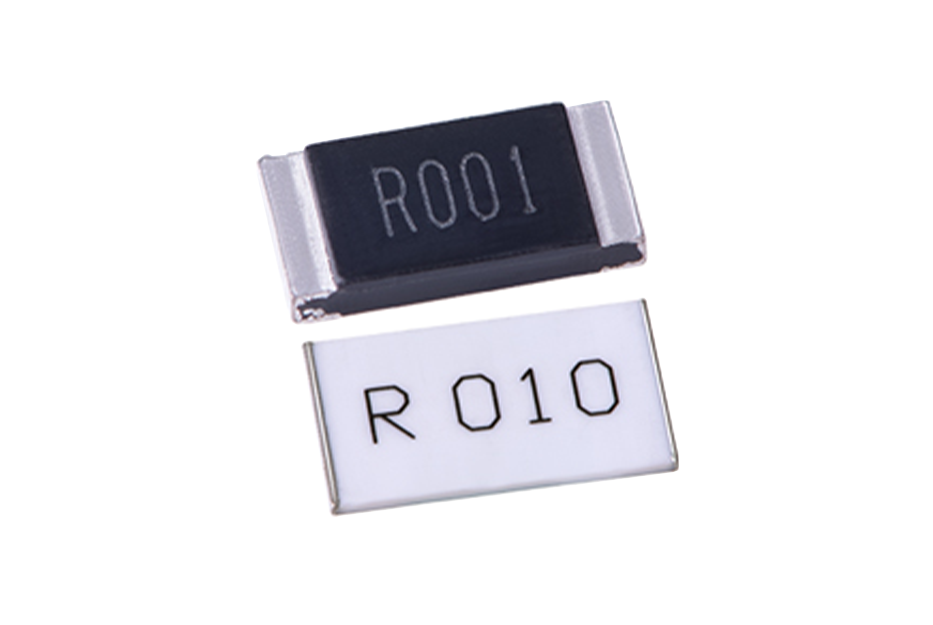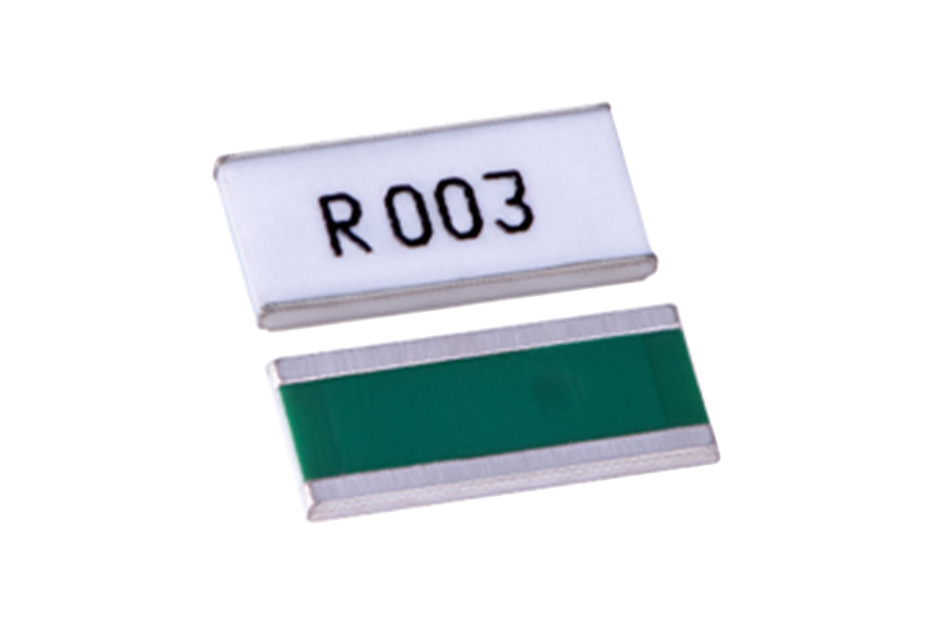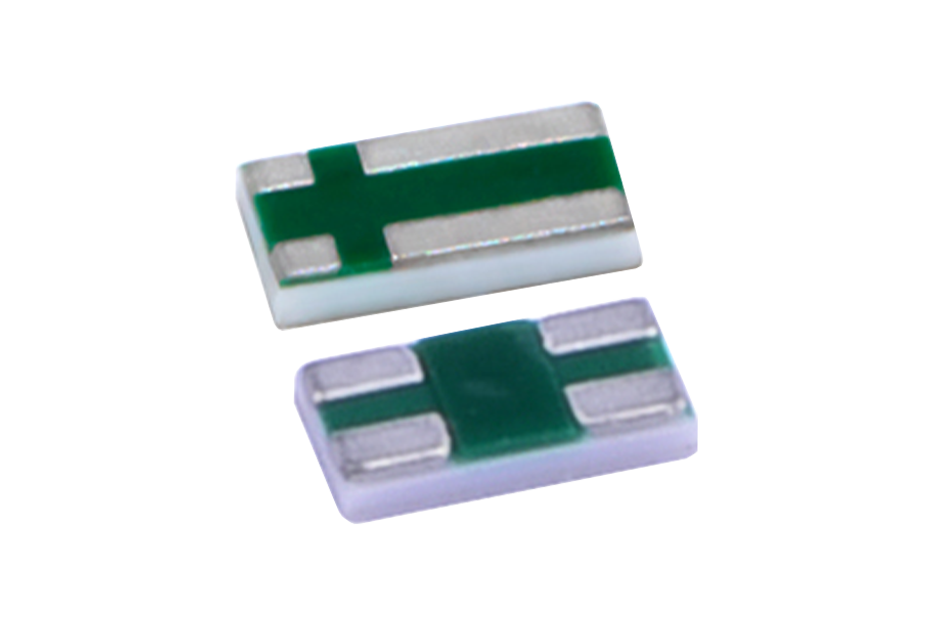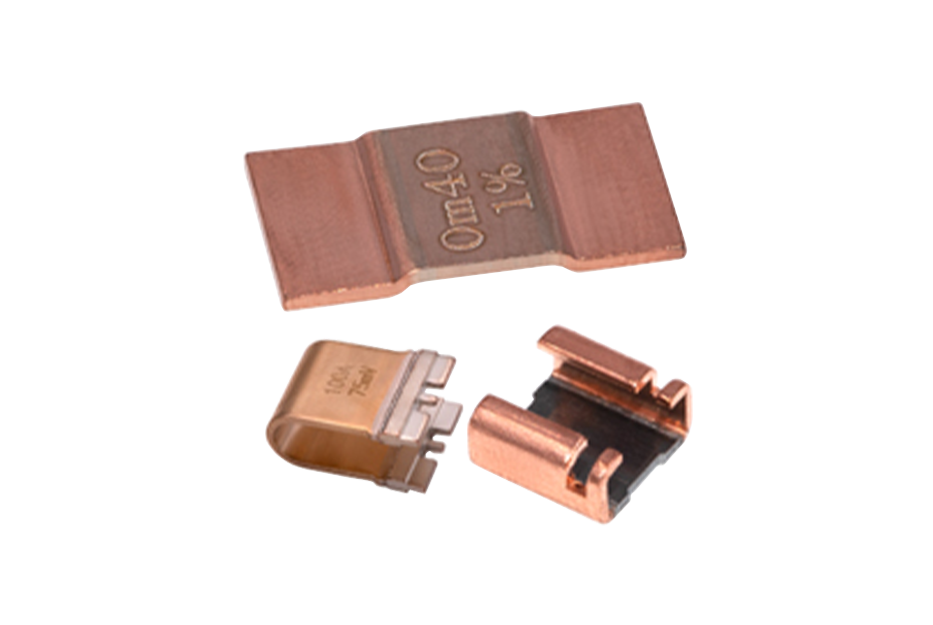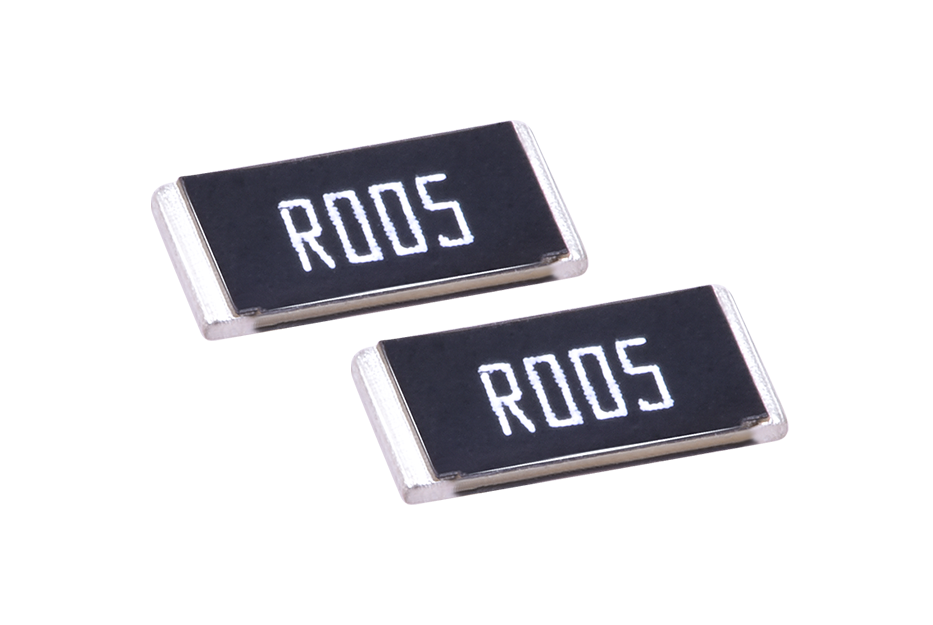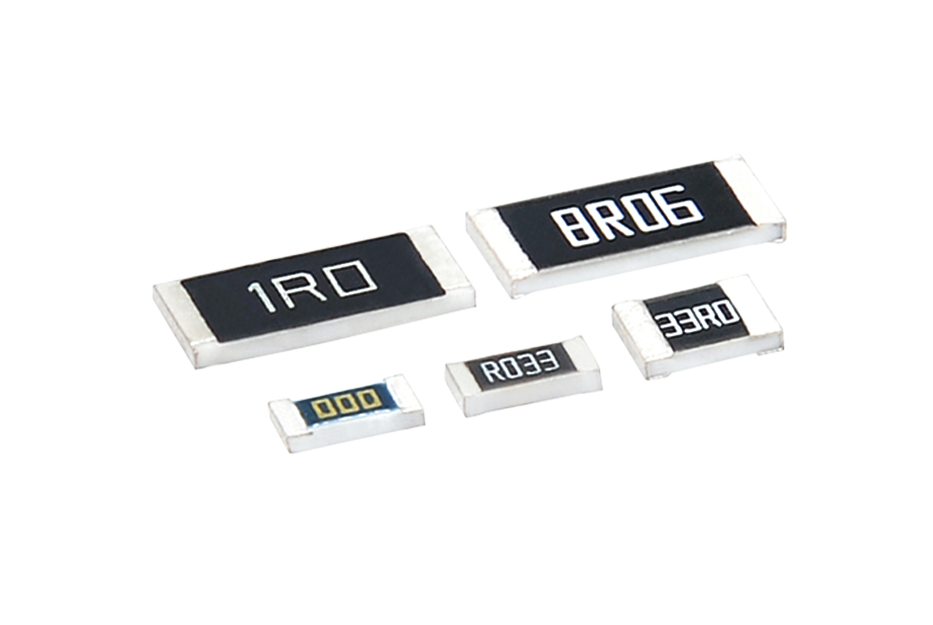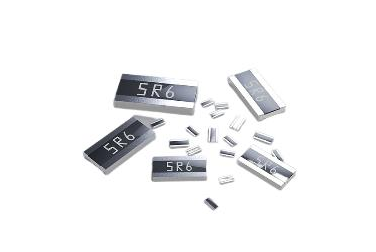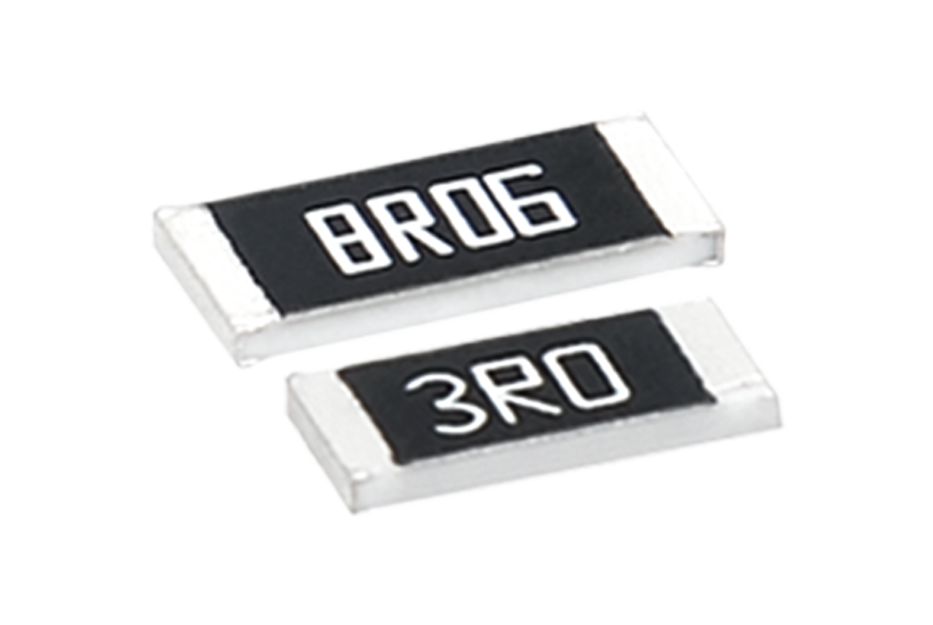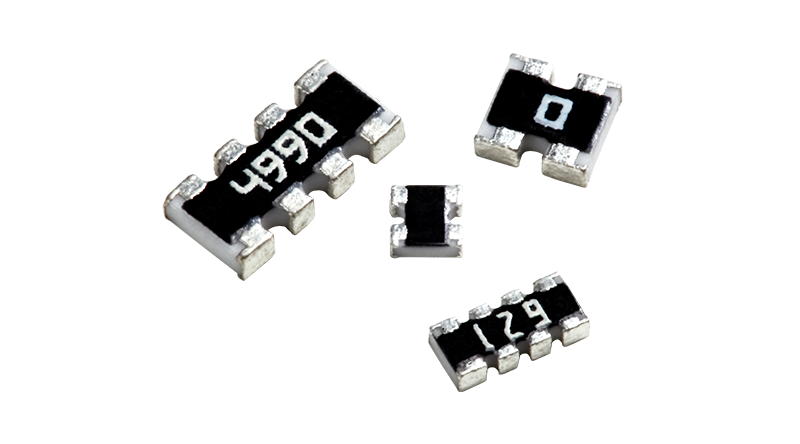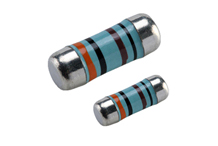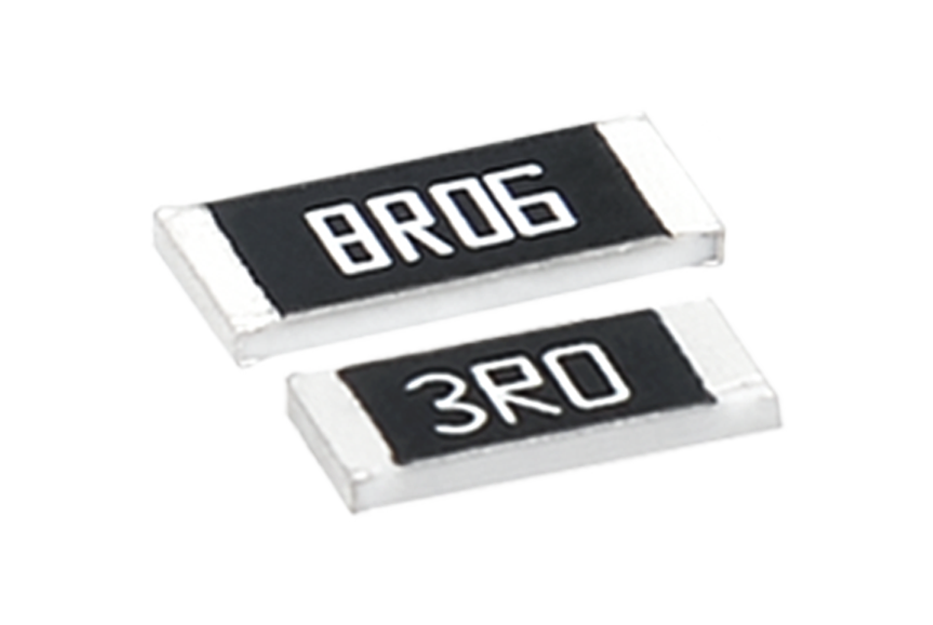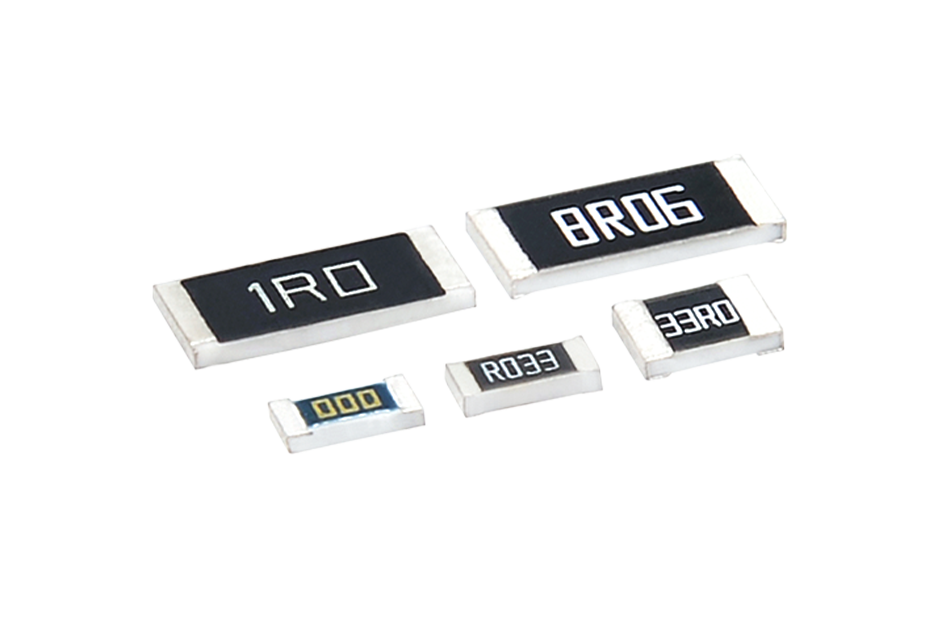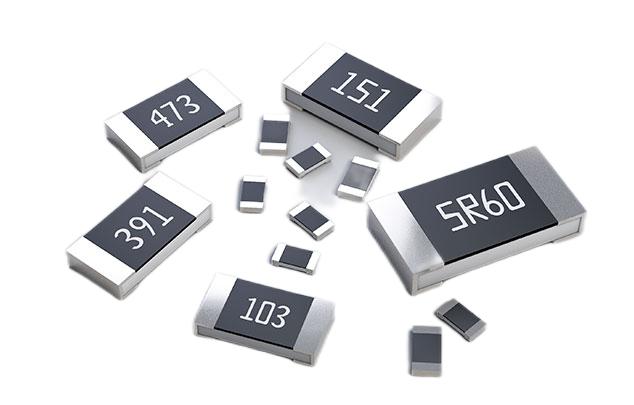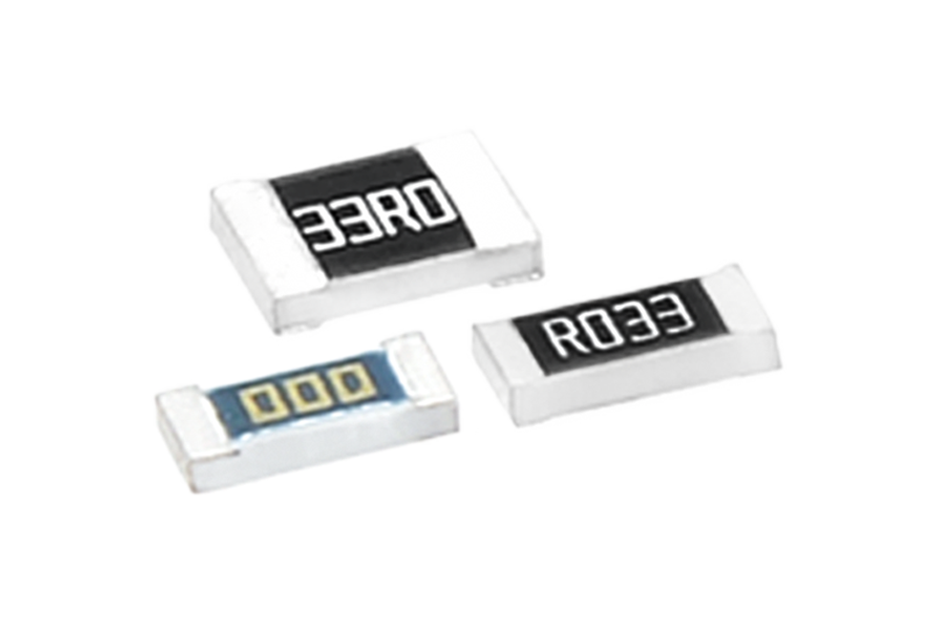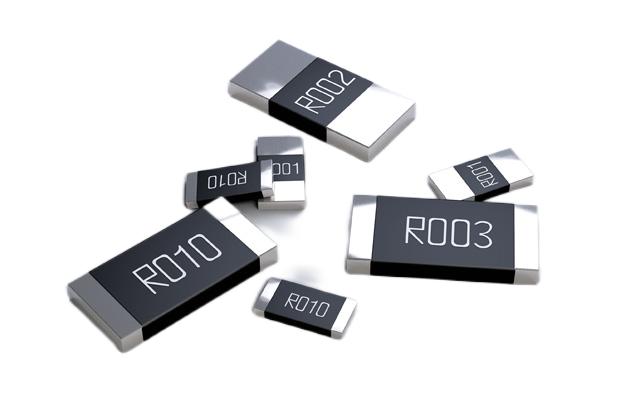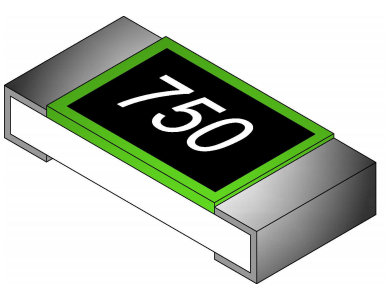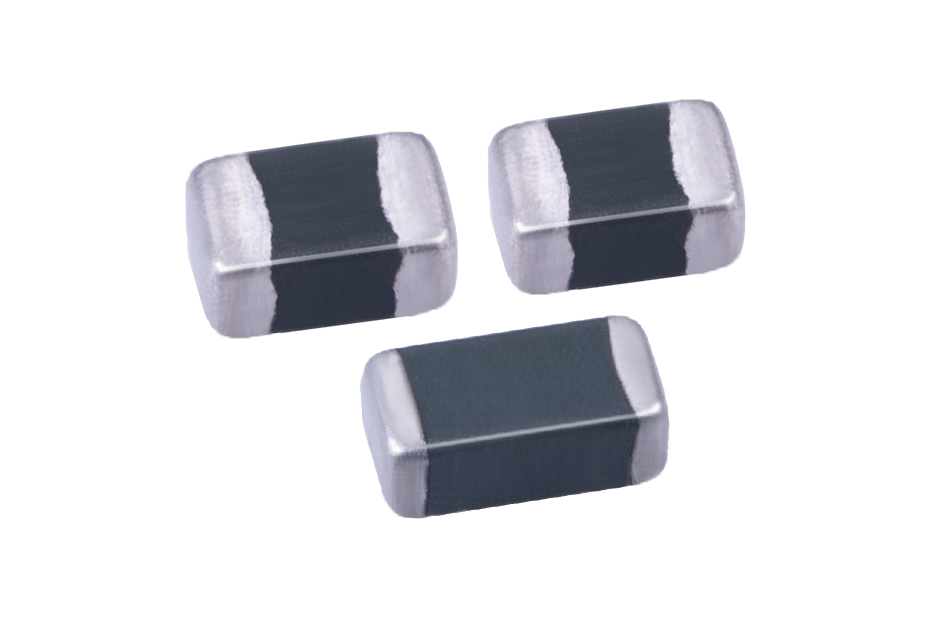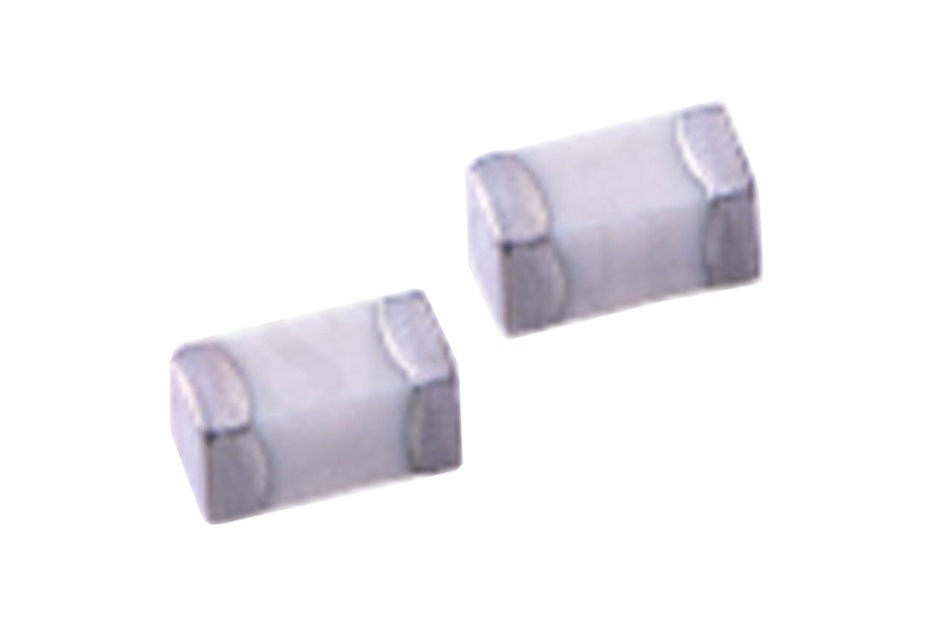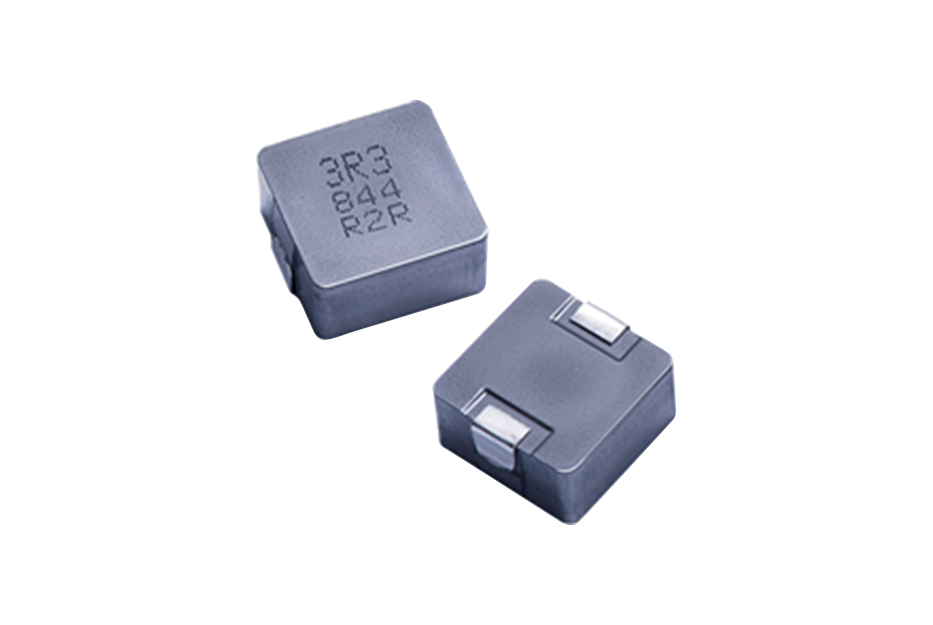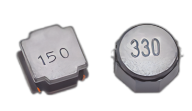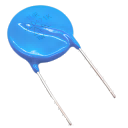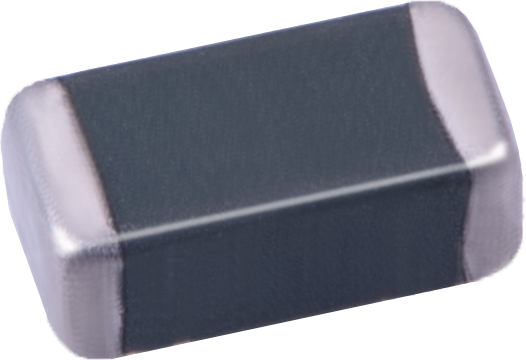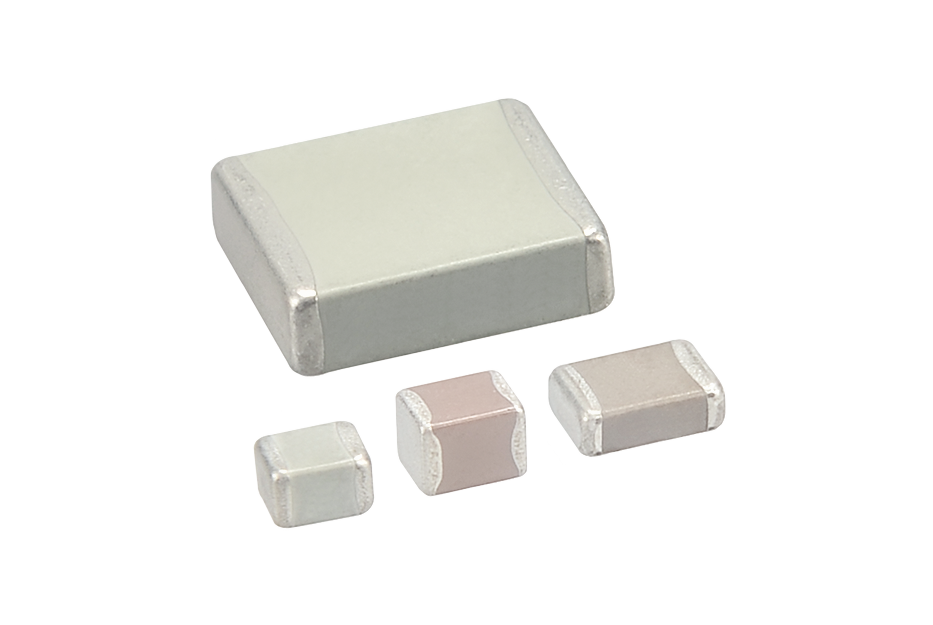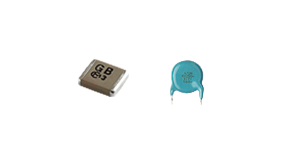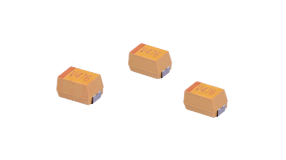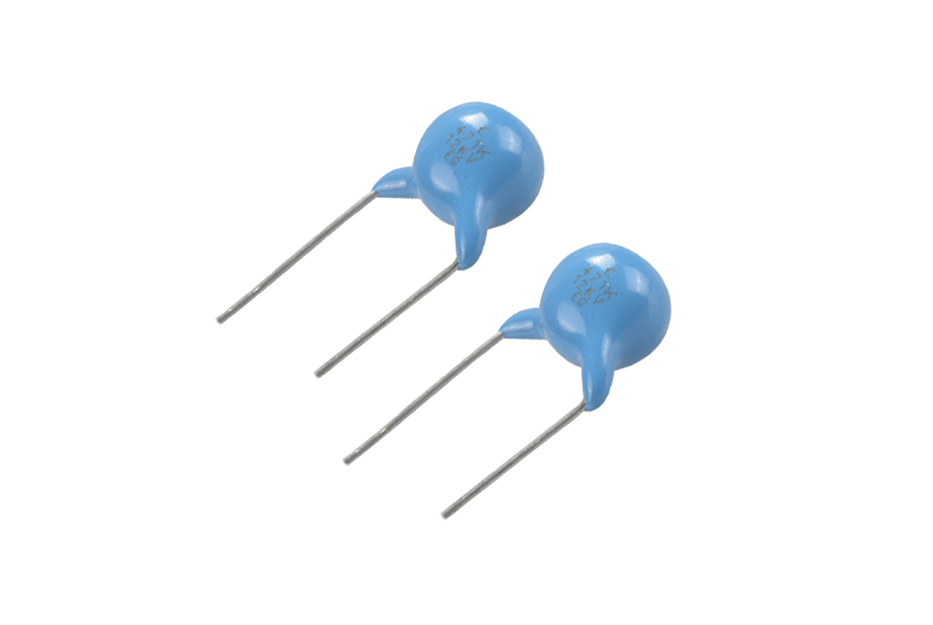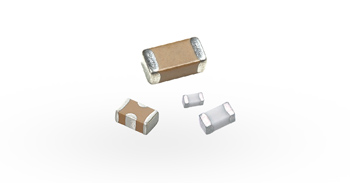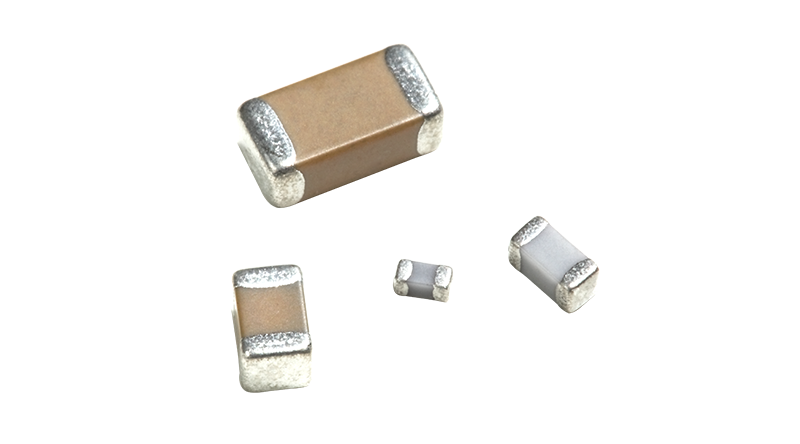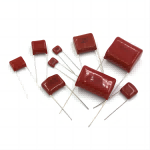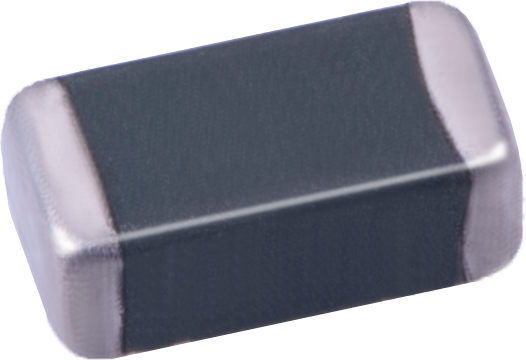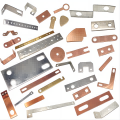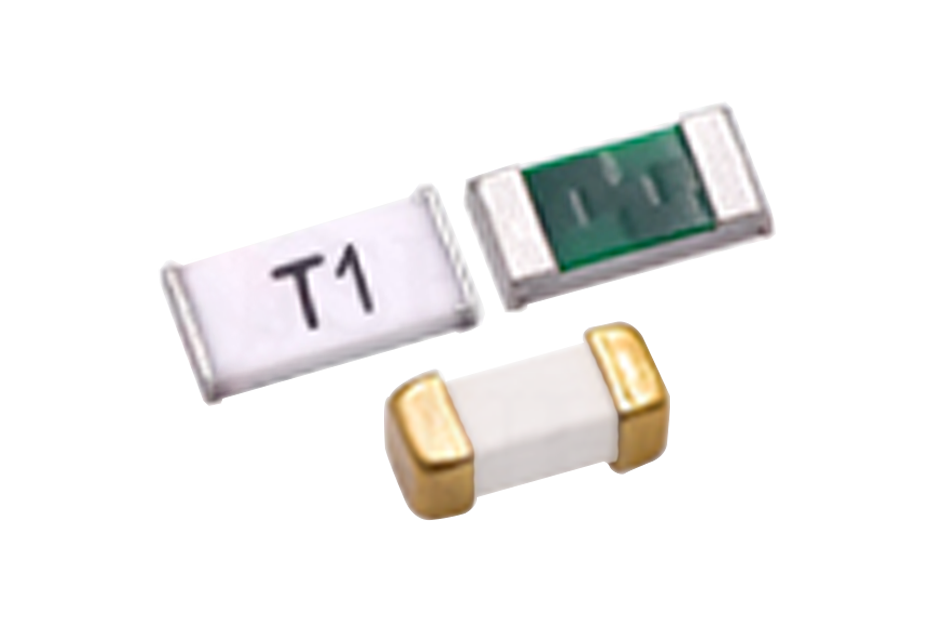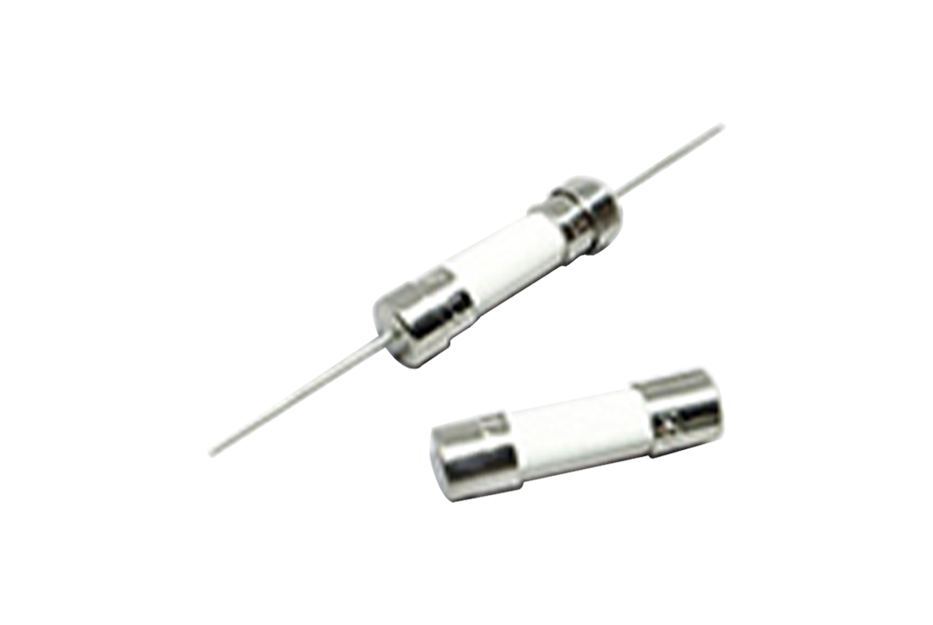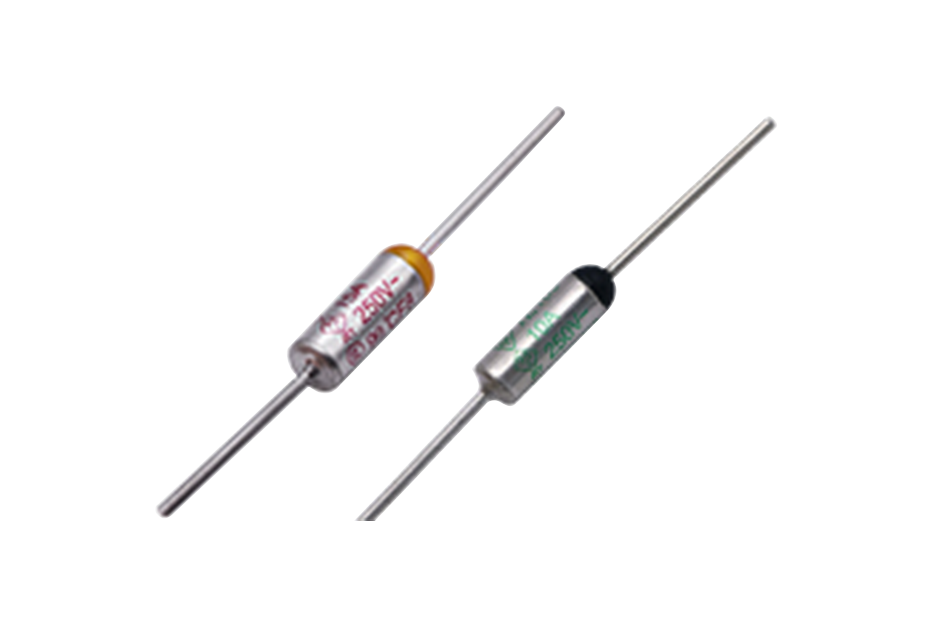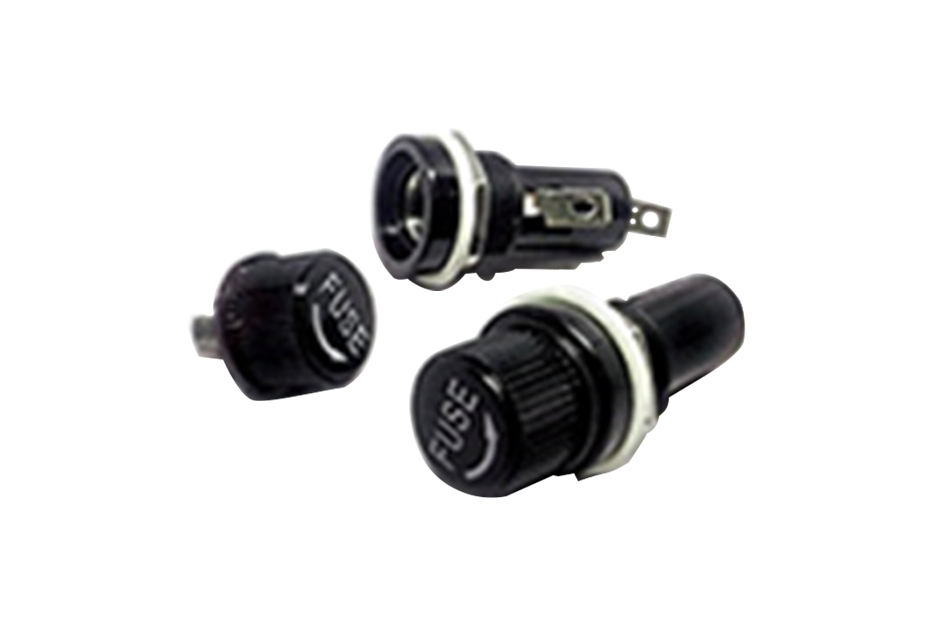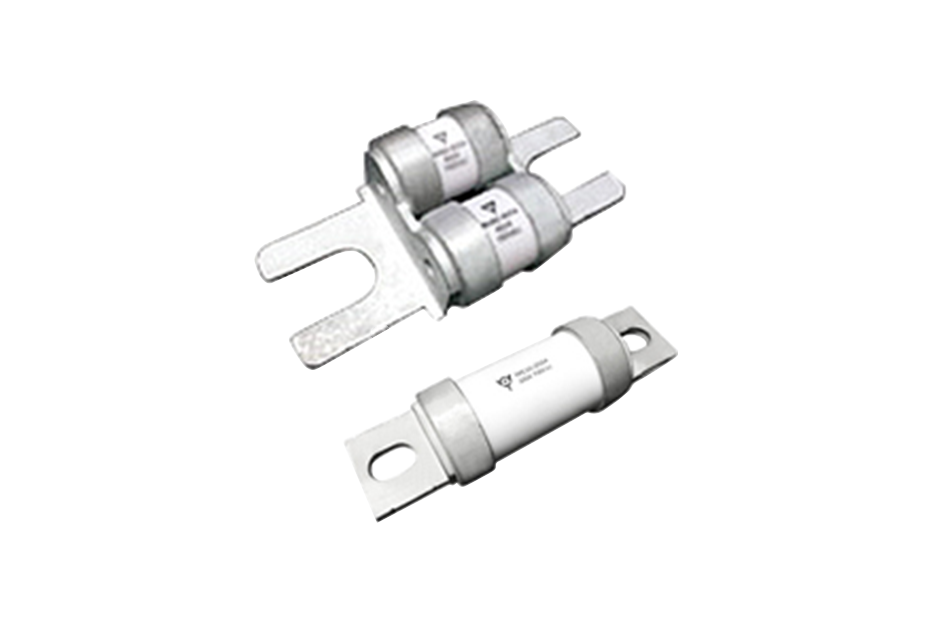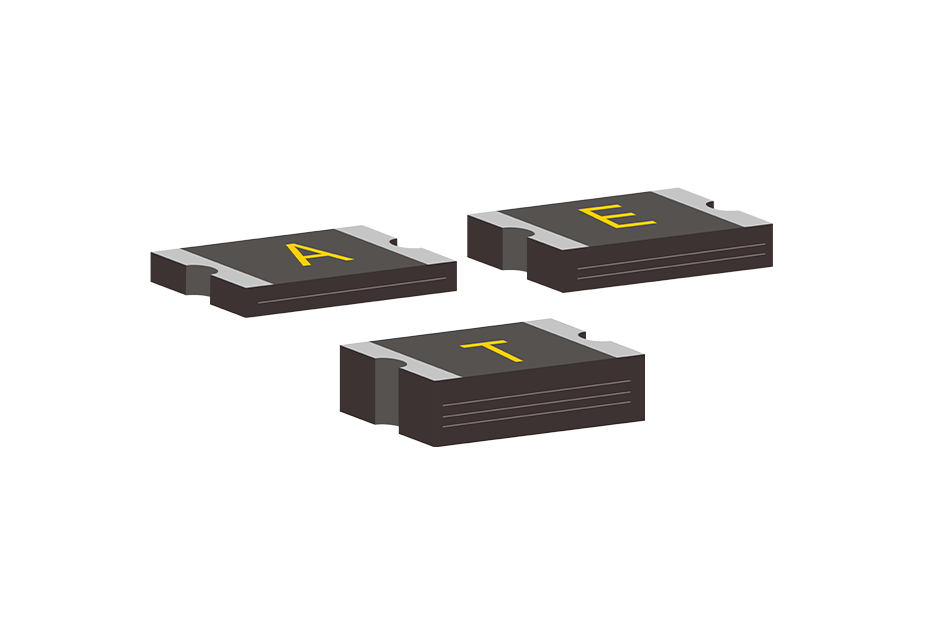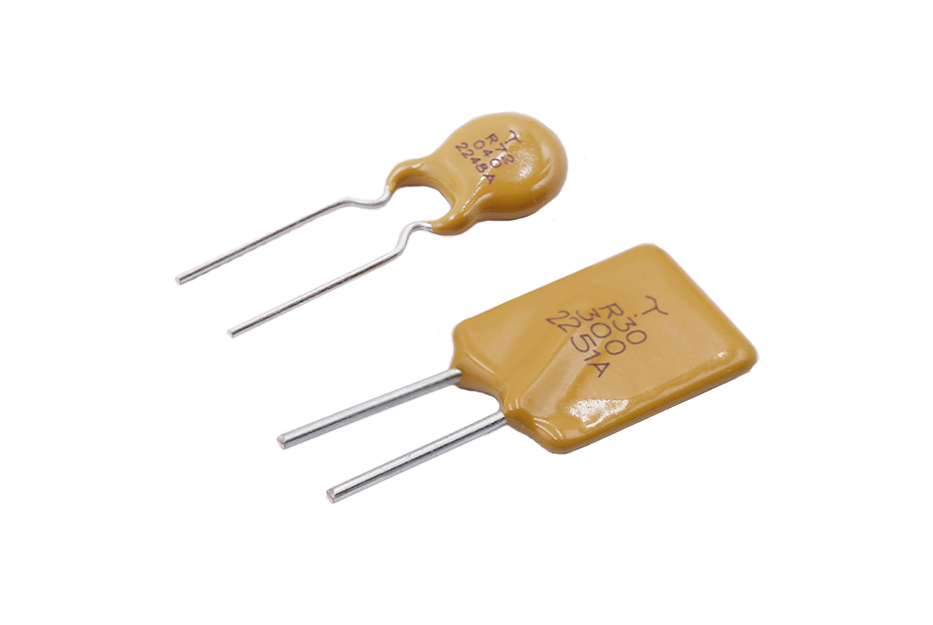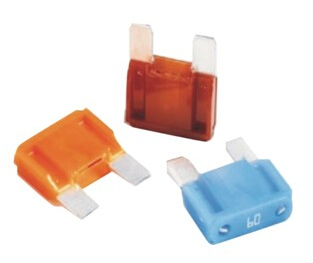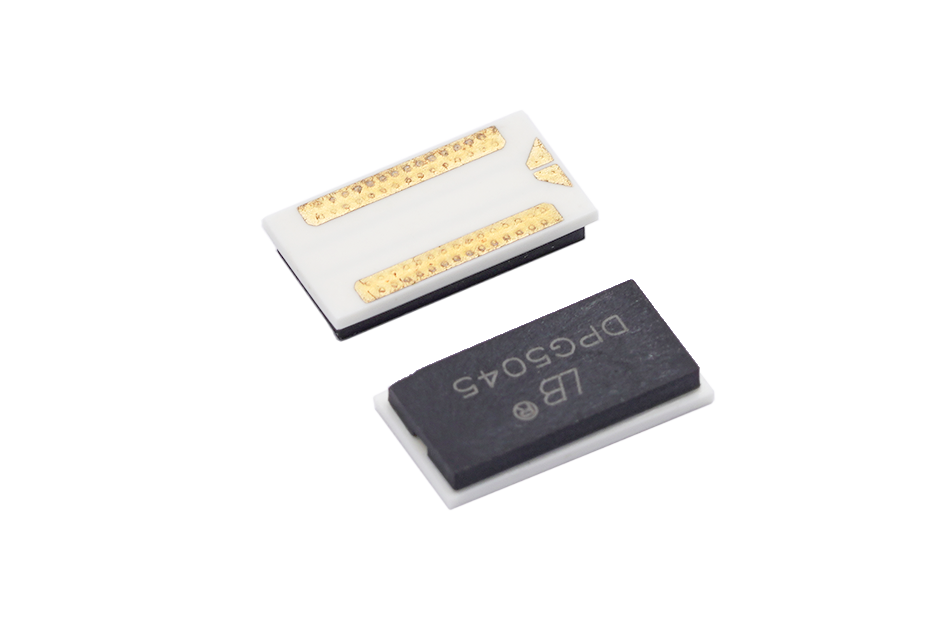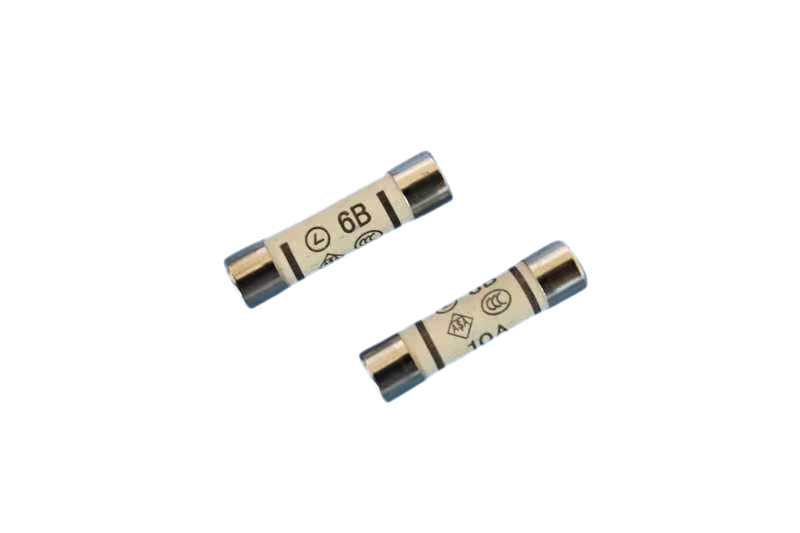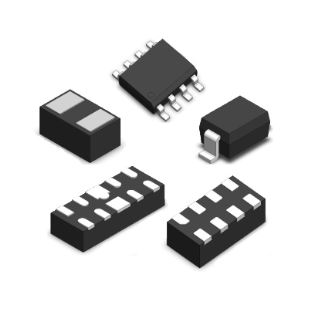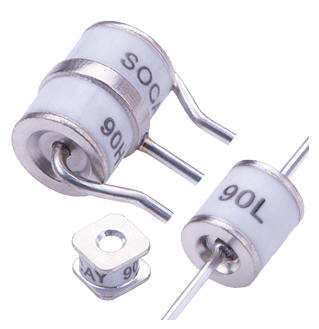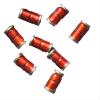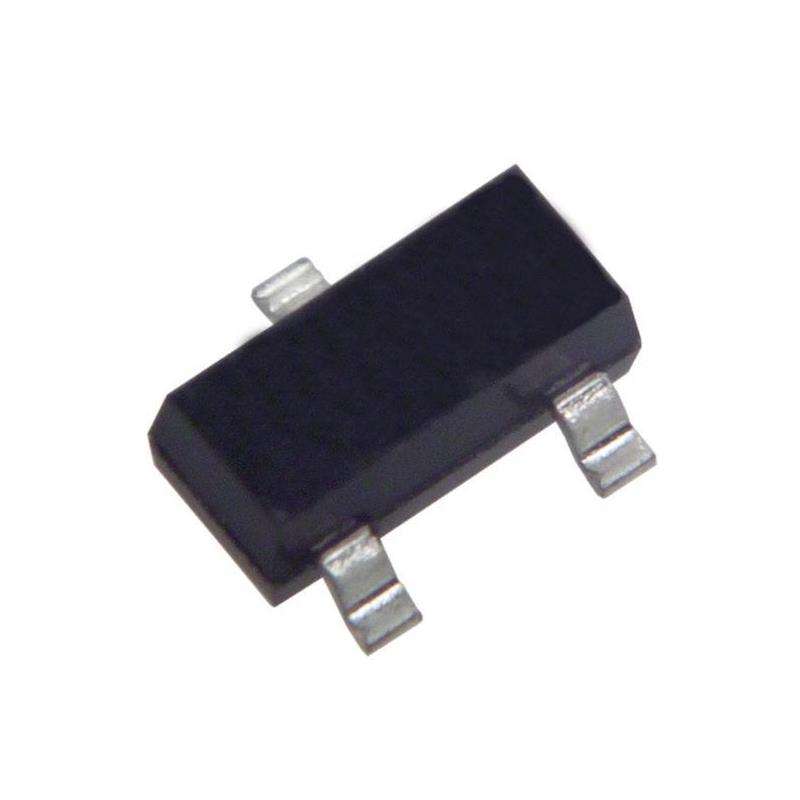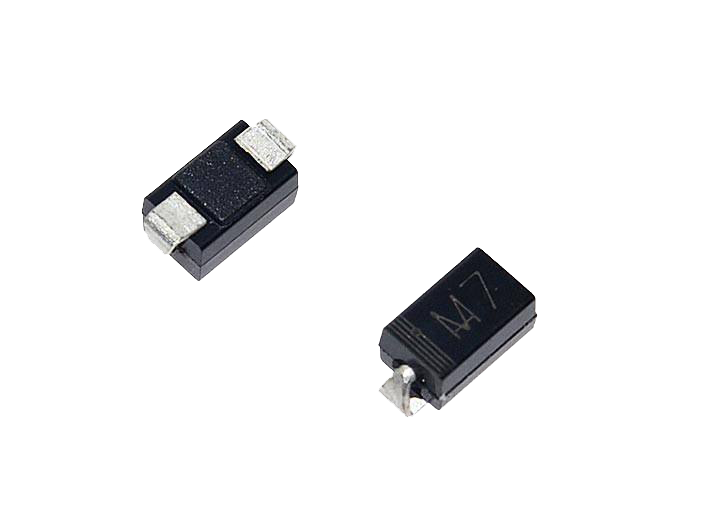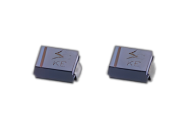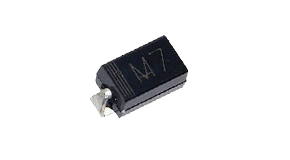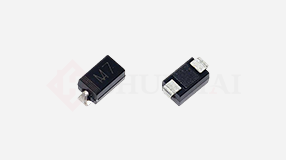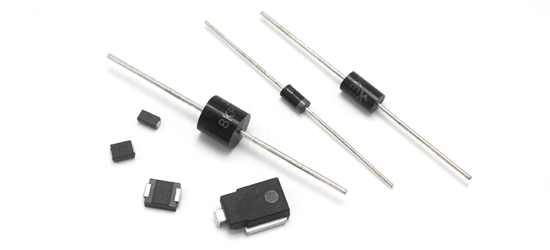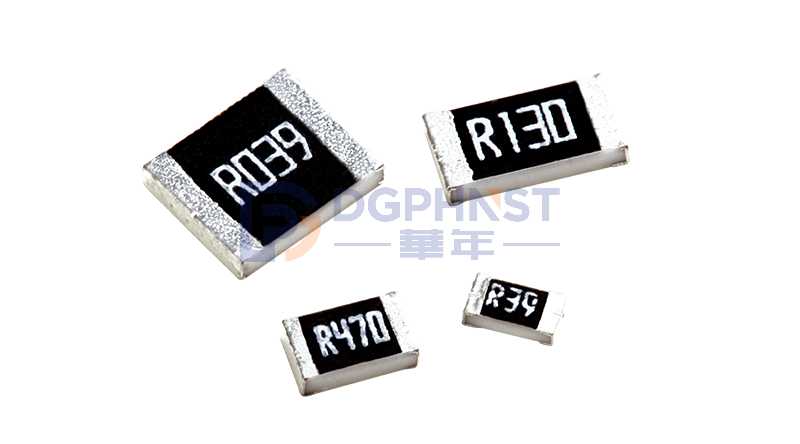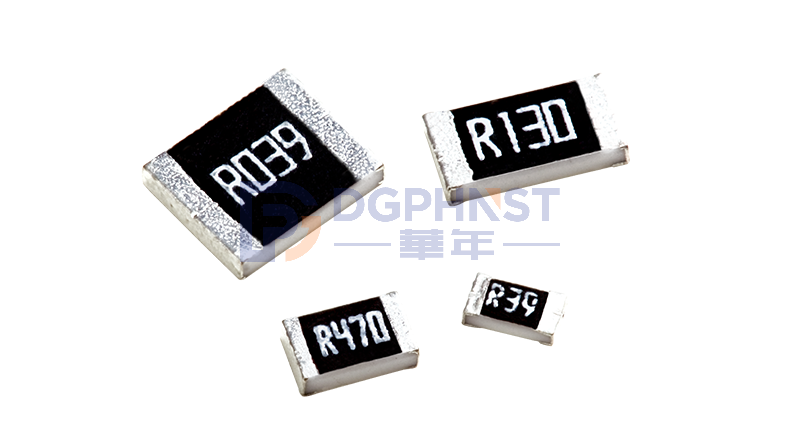Thick Film Chip Resistors: An Overview
Thick film chip resistors are passive electronic components widely used in various electronic circuits to provide precise and stable resistance values. This article aims to provide an overview of thick film chip resistors, including their structure, working principle, characteristics, applications, as well as factors to consider when selecting and using them.
1. Structure of Thick Film Chip Resistors
Thick film chip resistors are typically manufactured using a deposition process on a ceramic substrate. The resistance material is usually a mixture of glass and metal oxide, which is applied to the substrate through screen printing. The film layer is then firmly bonded to the substrate by high-temperature firing. Metal leads are connected to the film layer to provide electrical connections.
2. Working Principle
The working principle of thick film chip resistors is based on resistive heating. When current flows through the resistance film layer, heat is generated due to the resistance of the material. The resistance value is determined by the dimensions and characteristics of the film layer.
3. Characteristics of Thick Film Chip Resistors
- Accuracy: Thick film chip resistors provide precise resistance values with low tolerance and low temperature coefficient, ensuring the accuracy and stability of electronic circuits.
- Compact Size: These resistors are designed in small chip packages, allowing for high-density layout on printed circuit boards (PCBs) and efficient space utilization.
- High Power Dissipation Capability: Thick film chip resistors can withstand relatively high power dissipation, making them suitable for applications with higher current requirements.
- Wide Resistance Range: They offer a wide range of resistance values, providing flexibility in circuit design and meeting various application needs.
- Temperature Stability: Thick film chip resistors exhibit good temperature stability, ensuring consistent performance over a wide temperature range.
- Cost-effectiveness: Compared to some other resistor types, these resistors are cost-effective, making them widely used in many electronic applications.
4. Applications of Thick Film Chip Resistors
Thick film chip resistors find wide applications in various electronic devices and systems, including but not limited to:
- Consumer Electronics: They are widely used in smartphones, tablets, televisions, audio systems, and other consumer electronic devices.
- Automotive Electronics: Thick film chip resistors are employed in automotive control units, sensors, lighting systems, infotainment systems, and more.
- Industrial Equipment: They are used in industrial automation, power supplies, measurement and control equipment, and instrumentation devices.
- Medical Equipment: These resistors find applications in medical instruments, patient monitoring systems, diagnostic equipment, and medical imaging devices.
- Telecommunications: Thick film chip resistors play a vital role in routers, switches, modems, wireless devices, and other telecommunications equipment.
5. Factors to Consider When Selecting and Using Thick Film Chip Resistors
- Resistance Value: Choose thick film chip resistors with the appropriate resistance value to meet the requirements of the specific circuit or application.
- Power Rating: Consider the power dissipation requirements of the circuit and select resistors with sufficient power ratings to prevent overheating and ensure reliability.
- Tolerance and Temperature Coefficient: Determine the desired resistor tolerance and temperature coefficient based on the sensitivity of the application to changes in resistance value with temperature.
- Environmental Factors: Consider the operating temperature range, humidity, and any exposure to corrosive substances to ensure that the selected resistors can withstand the environmental conditions.
- PCB Layout and Soldering: Follow proper PCB layout practices, including adequate spacing and soldering techniques, to ensure reliable solder joints and prevent damage to the resistors during assembly.
In conclusion, thick film chip resistors are indispensable components in modern electronic circuits, offering accuracy, compactness, and reliability. Understanding their structure, working principle, characteristics, applications, and the factors to consider when selecting and using them is crucial for
proper application and optimized circuit design.

